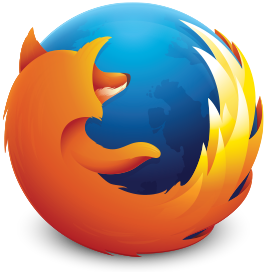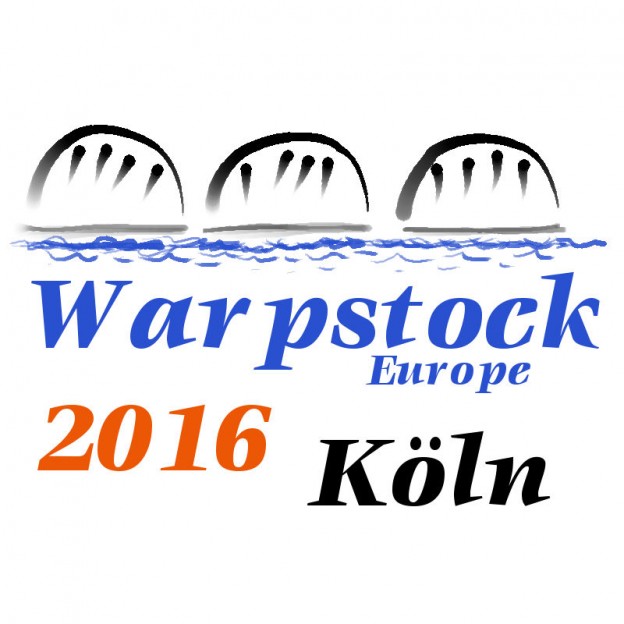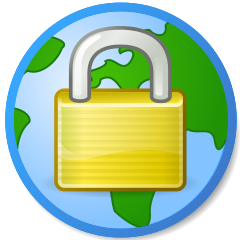Spectre and Meltdown are terms used to describe two potential exploits in a class of security attacks commonly termed “timing attacks” because they access data which may be sensitive in nature (passwords and other information) from areas of memory which may only be available at specific times (either moved elsewhere or removed entirely at other times). They belong to the more general class termed “side-channel attacks,” because they exploit the hardware itself, rather than breaking encryption or utilizing a software flaw. For more technical information regarding these exploits, please refer to the links section, below.
Arca Noae engineers are monitoring the situation, and while there is still much contradictory information crossing the internet at this time, we believe we have been able to assess at least some of the risk and provide some guidance to users of the OS/2 platform (OS/2 Warp, eComStation, and ArcaOS). As further reliable information becomes available, this post will be updated to reflect any change in Arca Noae’s position and any actions we may plan to take.
General information
In order to gain access to any information in privileged memory using one of these exploits, a user-level application must be launched on the specific machine to be compromised. This means that presently, an OS/2 executable must be used as the attack vector. As of this writing, we are not aware of any such code which executes on the OS/2 platform.
Browser-based attacks (running JavaScript) appear to require greater precision in a high-resolution timer than is currently available on OS/2, making such exploits more difficult than on other platforms, if not altogether impossible. It should also be noted that any such JavaScript-based attack would have to also be specifically designed to handle access to memory regions as managed by OS/2 (in other words, a malicious JavaScript program must be written for OS/2 and specifically to run in the OS/2 browser version in which it is running; a JavaScript program written for Windows or Linux will not work on OS/2). Realistically, the chance of this level of coding detail is extremely small.
Risks – virtual installations vs bare metal
By far, virtualized environments (running OS/2 as a guest under some other more vulnerable platform) are at the greatest risk, because the host system may rightly have access to the guest’s memory and virtualized processor. A host running a vulnerable operating system with an exploitable CPU which remains unpatched is the greatest concern. Arca Noae believes bare metal installations of OS/2-based operating systems are at much less risk.
Arca Noae’s current strategy
To date, we have not identified a need for a kernel patch to mitigate the risk of any hypothetical Spectre or Meltdown attack against OS/2-based systems. We continue to monitor the available information and will adjust our strategy as conditions require.
Arca Noae’s current recommendations
For virtualized and bare metal installations, Arca Noae recommends only running software obtained from trusted sources. Per stand practice, reasonable security precautions should be taken when accessing the internet, particularly when visiting unfamiliar or untrusted sites, and browser cache should be cleared regularly. The use of a NAT firewall is also encouraged (either a separate one, as built into a broadband router or at a minimum, a software firewall running on the local OS/2 system, such as InJoy Firewall).
Because a malicious application designed to utilize one of these exploits would have to be downloaded or copied to the target OS/2 system and then executed locally, normal malware protections remain the best first line of defense.
For virtualized installations, Arca Noae recommends applying to the host system whatever patches are made available and recommended by the developer of the host operating system.
Updates
2019-02-14: Security researchers apparently conclude in this whitepaper that Spectre cannot be entirely mitigated at the software level.
2019-10-07: Intel engineers have proposed (official/latest Intel PDF, here) a new memory type, speculative-access protected memory (SAPM), to mitigate a common factor in side-channel attacks which access cache/memory.
Links
Spectre CVEs:
Meltdown CVE:
CERT: CPU hardware vulnerable to side-channel attacks





